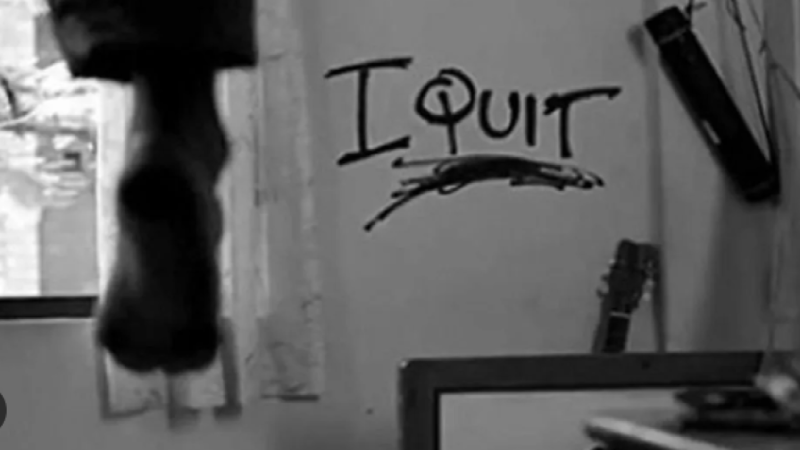sc to pronounce judgment in right to privacy case today
New Delhi: Is the right to privacy is fundamental right or not? The bench of nine Supreme Court judges will decide on this tomorrow. The court has to decide whether any individual’s status or status is reserved for every citizen from the constitution. At the same time, the court will also decide the scope of the right to privacy.
The verdict on right to privacy and Aadhaar, on which much has been speculated on in public debates, is the final verdict Chief Justice JS Khehar will deliver before retiring on 27 August.
The other judges hearing the case are Justice J Chelameswar, Justice SA Bobde, Justice RK Agrawal, Justice Rohinton Fali Nariman, Justice Abhay Manohar Sapre, Justice DY Chandrachud, Justice Sanjay Kishan Kaul and Justice S Abdul Nazeer.
What are the fundamental rights?
Fundamental rights are basic human rights to every citizen from the constitution. Like – the right to equality, the right to speak, the right to live with dignity, etc. Any person can knock on the High Court or the Supreme Court when these rights are abrogated.
The biggest impact will be that in the future, any rule-law of the government can be challenged on the basis that it violates the right of privacy. However, there is a limit to the fundamental rights. In the constitution. Courts also have to decide the boundaries of privacy. That is, no one wants to say yesterday that if he does not give his photo or other personal information to open the bank account then it will not be possible.
Why the hearing?
Many petitions challenging the validity of the Unique Identification Number or Aadhaar card scheme are pending in the Supreme Court. The most important argument in these petitions is the violation of the right to privacy from the base. The petitioners have called the biometric information for the basis of infringement of privacy. While the government argued that the right to privacy is not a fundamental right in itself. If it is considered to be the fundamental right, then it will be difficult to run the system. Anyone referring to privacy will refuse to give finger prints, photos or any information for important government work.
Court stand
The bench of nine judges heard all the parties with full patience for eight days. During this time the court admitted that the decisions that came in the 50’s and 60’s were according to that time. Among them, police had more discussion on the search and raiding rights in criminal cases. At the present time, the way in which the intervention of technology has increased in the lives of people, fresh ideas on privacy are essential.
However, the Court also admitted that the scope of privacy rights should be decided. Every government action can not be stopped in the name of privacy.

